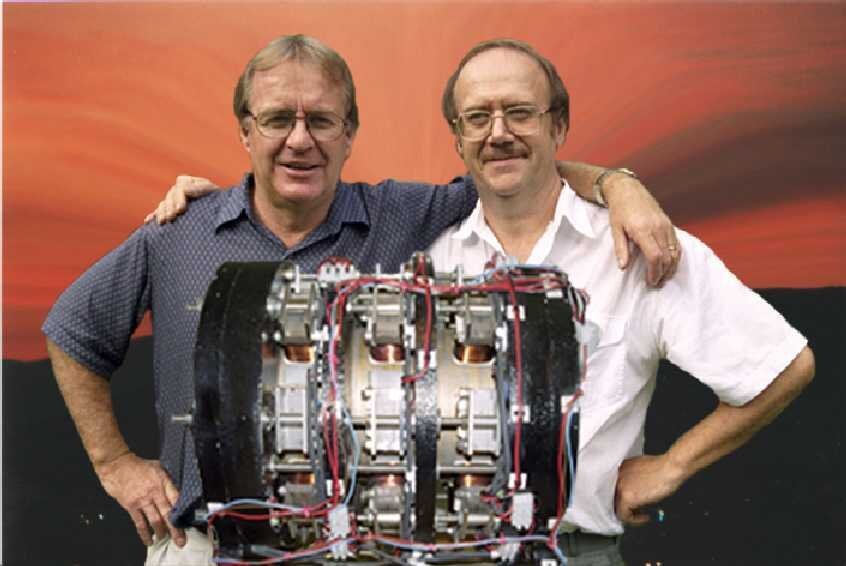The Fallacy of the Lutec 1000
The Lutec 1000 motor
Introduction
The Lutec 1000, an invention claiming to revolutionize energy production with "free energy," has sparked controversy and curiosity. This article delves into the machine's claims and the investigative efforts led by Ian Bryce, a member of the Australian Skeptics Committee and an experienced engineer in the satellite launching industry.
The Allure of Free Energy
Background and Global Context
Free energy, the concept of generating more energy than consumed, is an enticing but scientifically dubious proposition. It suggests a solution to the global energy crisis, contradicting fundamental energy conservation laws. Devices like the Lutec 1000 fit into a lineage of inventions that have historically failed to uphold these claims.
The Lutec 1000's Promise
Developed by John Christie and Lou Brits, the Lutec 1000 was presented as a machine capable of indefinitely powering a house without fuel. Its claimed efficiency of 3000% attracted global attention, promising a sustainable solution to energy production.
Investigation by the Australian Skeptics
The Skeptics' Approach
Renowned for challenging extraordinary scientific claims, the Australian Skeptics took an interest in the Lutec 1000. Led by Ian Bryce, the investigation aimed to scrutinize the machine's functionality under the laws of physics.
Engagement with the Inventors
Initially, Christie and Brits cooperated with the Skeptics, providing access to the machine's details, including measurements and demonstrations. This openness provided a foundation for an in-depth analysis.
Analysis of the Lutec 1000
Flawed Methodology
Bryce's investigation revealed critical flaws in the inventors' methodology. Their approach to measuring electrical power input was fundamentally incorrect, leading to an exaggerated efficiency claim. A reevaluation showed an actual efficiency closer to 33%, significantly less than the purported 3000%.
The Reality of Physics
The findings underscored a key scientific principle: the conservation of energy. The Lutec 1000, despite its claims, did not demonstrate a capability to generate more energy than it consumed.
Legal and Ethical Implications
Patent Discrepancies
A closer look at the Lutec 1000's patent revealed inconsistencies. The patent, as clarified by its own attorney, did not support the free energy claims made by Christie and Brits, raising questions about the machine's legitimacy and the inventors' intentions.
Public and Media Reaction
Interest and Skepticism
Despite skepticism from experts, the Lutec 1000 garnered public interest, fueled by promises of self-sustaining energy production. However, the absence of empirical evidence and the inventors' reluctance to undergo independent testing raised serious concerns.
Conclusion: The Reality of Free Energy
Learning from the Lutec 1000
The story of the Lutec 1000 serves as a cautionary tale in the realm of scientific innovation. It highlights the importance of empirical evidence and scientific rigor when evaluating claims of groundbreaking technology.
The Future of Energy Research
The pursuit of sustainable and efficient energy sources remains critical. The Lutec 1000's case reinforces the need to base our energy solutions on solid scientific foundations rather than the enticing yet unproven promises of free energy.
In summary, while the quest for sustainable energy solutions is more relevant than ever, the Lutec 1000 underscores the necessity of adhering to scientific principles and rigorous testing in this pursuit. The allure of free energy remains a fantasy, unattainable within the current understanding of physical laws.
To delve deeper into the Lutec saga, you can read the original investigation here.


